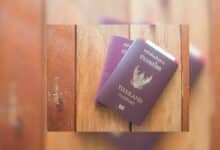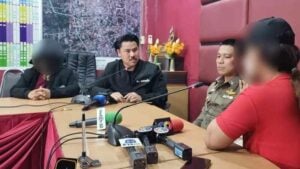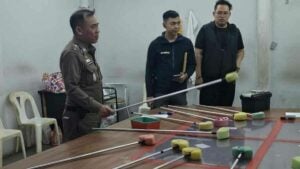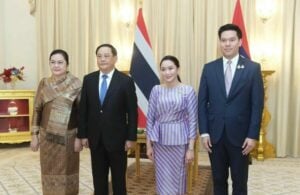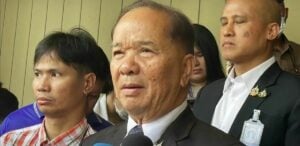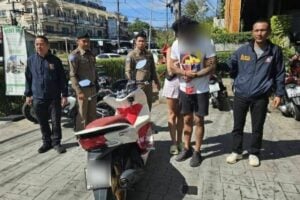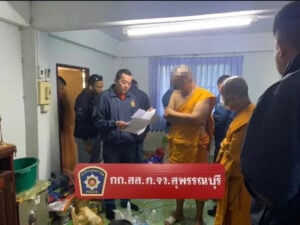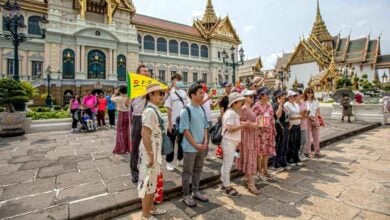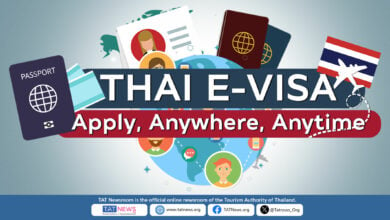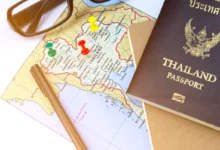Thai festivals trigger visa delays: early planning essential
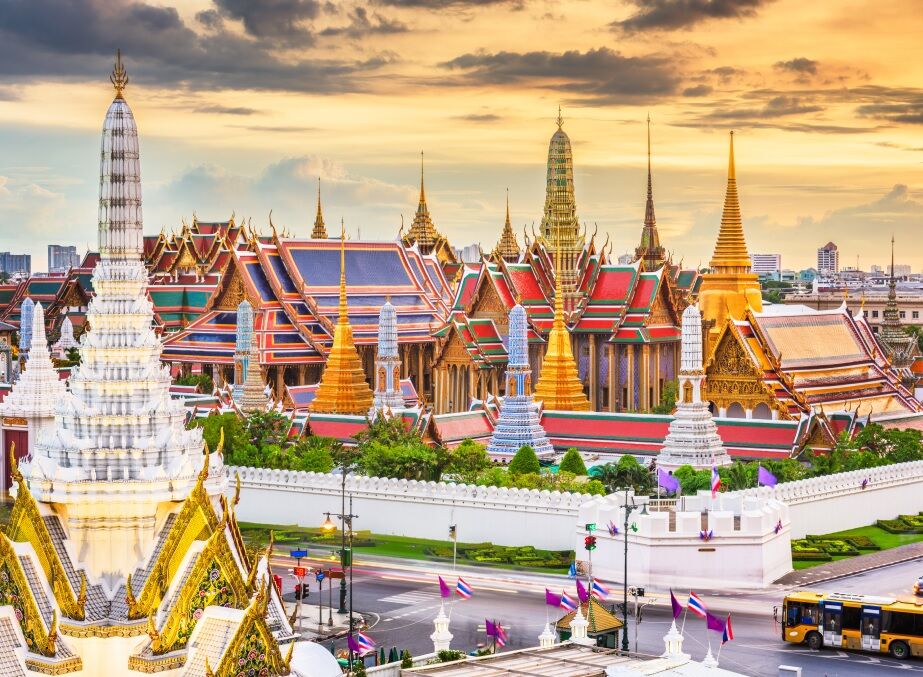
Imagine being enveloped in the vibrant milieu of Thai festivals, where the hues are more vivid, the melodies more profound, and the cultural immersion is truly indelible. Before plunging into this sensory spectacle, there exists one pivotal impediment to surmount – the visa application procedure.
The nature of visa applications in Thailand, especially during festive periods, can be a convoluted domain to traverse. With the recent initiation of an enduring no-visa policy between Thailand and China, the terrain is evolving, contributing another dimension to this elaborate procedure.
In this discourse, we shall delve into the impact of Thai festivals on visa application processing. We will examine variations in demand, implications of policy adjustments and subsequent reverberations on related industries such as travel and hospitality. Prepare yourself for an insightful exploration into the intriguing nexus between cultural festivities and administrative functions.
The impact of Thai festivals on visa application processing
Cultural celebrations in Thailand offer a vibrant, immersive experience. However, such events can also influence immigration procedures, particularly visa application processing. This section explores the effect of Thai festivals on visa requests, policy impacts, and implications for industries such as travel and hospitality.
The role of cultural events in tourism volume
Thai festivals like Songkran and Naga Fireballs Festival positively impact tourism volume. Take, for example, the latter, occurring yearly in October, around the full moon night. Balls of fire rise mysteriously from the Mekong River, attracting a massive crowd of tourists. Similarly, Songkran, the Thai New Year celebration, is essentially a countrywide water fight, drawing in countless visitors each year.
These events trigger an increase in visa application volumes, as foreign tourists flock in to partake in the festivities. The surge also creates the chance for occasional delays in application processing times. Presently, the Thai government is focusing on streamlining visa processes, as recently seen with the easing of visa application procedures for Chinese tourists.
Seasonal peaks in visa applications
Visa applications see a marked increase during festival seasons. This rise affects not only the speed of visa processing but also the demand and supply dynamics of related sectors like hospitality and air travel.
For instance, the visa-free policy between Thailand and China doesn’t immediately drive up air ticket prices, considering the gradual increase in demand while seat capacity hasn’t fully rebounded. Even hotels are yet to anticipate large tour groups, unlike in pre-pandemic years.
Such scenarios underline the correlation between Thai festivals and visa application processing, showcasing the interaction of cultural activities and bureaucratic operations. However, the long-term impact of these culturally significant events on visa policies and immigration procedures remains a topic of ongoing analysis.
Changes to visa processing times during festivals
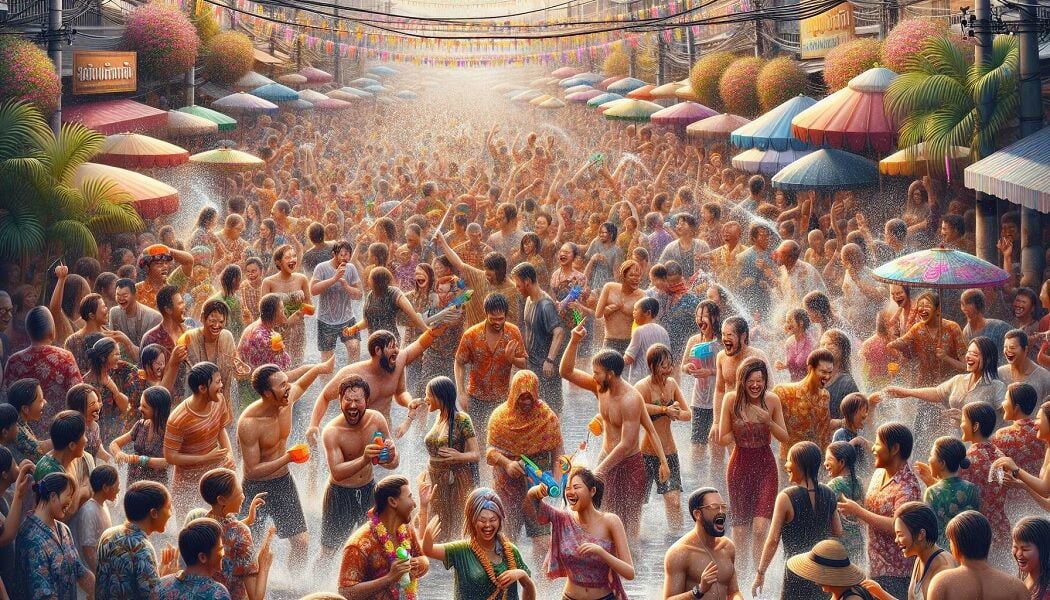
As the calendar veers towards major Thai festival seasons like Songkran or Naga Fireballs Festival, anticipate crucial transformations in the standard procedure for visa processing. These events trigger considerable volumes of applications thus impacting embassy and consulate operations. Directly encountering this scenario are two principal factors extricable from the festive periods.
Anticipated delays and their causes
Sudden peaks in visa applications during festival seasons often lead to extended waiting times for approval. Coupling this with the meticulousness of immigration requirements such as providing complete and accurate forms, passport photos, and relevant documentation, you might find visa approval duration stretching past the usual 7-10 days to almost 2 weeks. The timetable elongates further with the inclusion of state holidays falling within the processing span. Accordingly, factor in such delays and strategize your visa application period accordingly during these festival windows.
Impact on embassy and consulate workloads
The increasing demands during festive periods place a substantial burden on embassy and consulate personnel. While they strive for efficiency, the astronomical surge in visa applications, driven by the celebration boom, could strain resources and potentially slow procedures. This burden intensifies if the denied applications make a return, posing a twofold challenge – scrutinizing the new applications and reevaluating the previously denied ones in light of the reasons that caused initial rejections.
To seamlessly navigate visa approval during such Thai scattered festivals, it’s key to understand the interconnected dynamics of cultural celebrations, rising tourist volumes, and immigration bureaucracy. Your conscious anticipation of these predictable changes will go a long way in making your visit to these vibrant Thai festivals a favourable experience.
Strategies for visa applicants during peak festival seasons

Navigating Thailand’s visa application process proves a challenging feat, more so during the peak festival seasons. Incorporating strategic measures could potentially streamline your experience, keeping in mind the impact of Thai festivals on visa application processing.
Best practices for timely applications
Timing holds considerable significance in the visa application process. During peak festival seasons, try submitting applications significantly ahead of the preferred travel dates. Ensure all requisite documents are accurate and complete. An incomplete application causes an unnecessary delay in processing. Participate in the visa interview with confidence, reiterating your intent to return post-visit, bolstering your credibility.
By following these practices consistently, you increase your odds of timely visa processing, even during high-demand periods like the Songkran or the mysterious Naga Fireballs Festival.
Alternatives for faster processing
Exploring alternatives in the visa processing procedure could prove beneficial when crunch time hits. Consider hiring professional help like a well-established immigration consultant, familiar with the evolution of visa rules around festivals. They could potentially expedite your application in the exhaustive bureaucracy.
Furthermore, consider alternative times for travel. Off-peak periods witness fewer visa applications, which could potentially cut short visa processing times. However, bear in mind, that this might mean missing out on culturally rich, unique celebrations like Thai New Year’s water fight.
Each specific festival period brings along unique challenges and opportunities which could drastically affect visa application processing times. Be forearmed with a strategic approach to tackle these bottlenecks and enjoy what Thai festivities have to offer.
To secure your Muay Thai visa in Thailand, ensure you gather all necessary documents, including visa applications, training gym confirmation, financial proof, and a valid passport. Visit the Thai consulate or embassy for application submission, and follow any additional guidelines they provide to ensure a smooth process.

